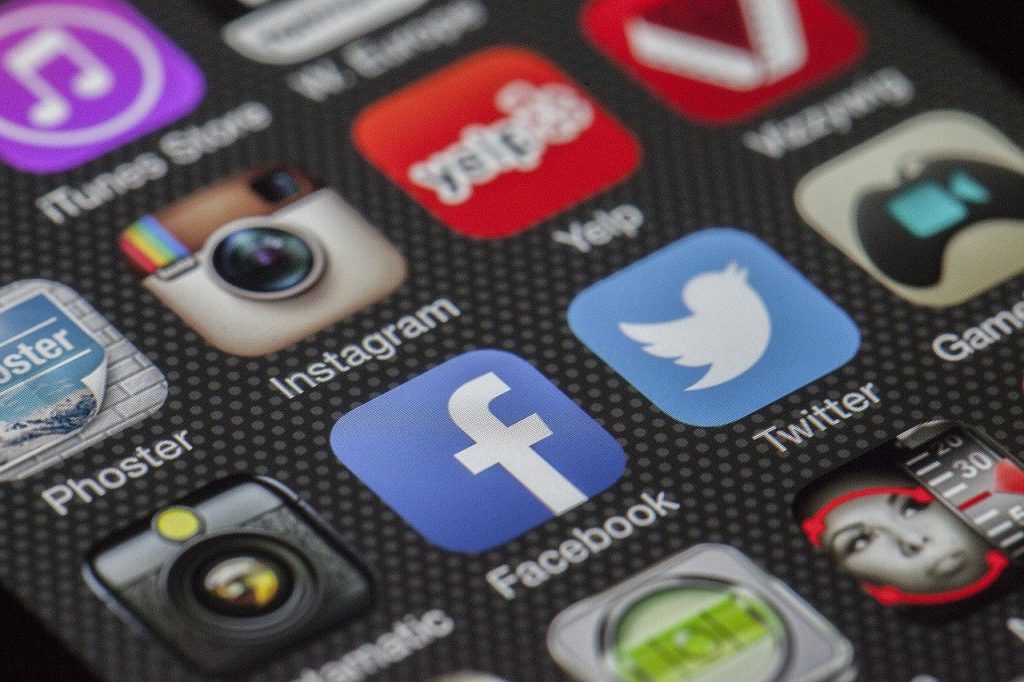In the past decade, social media has become a best friend to teenagers. Surveys conducted by Common Sense Media estimate that ninety percent of teens in the United States are on at least one social media platform, and that seventy percent check their social media platforms several times a day. This amounts to an average of seven and a half hours spent on social media sites by American teenagers, according to Smart Social statistics.
Social media is teenagers’ primary form of communication, news, and entertainment. It allows us to build social networks and understand what others around us are doing. A click of a button brings us to our friends and family, allowing us to more easily communicate. Consequently, teens feel more valued by those around them and as though we have bigger and better support systems. By utilizing social media, we are exposed to a variety of content: current events, comedy videos, meme culture, and more. Additionally, we can break down geographic barriers and connect with our peers from all over the world. Social media may have several beneficial factors, but we must still consider the detrimental effects of social media on teenagers’ mental and emotional wellbeing.
A 2016 study conducted on teens found that when social media begins to take up hours a day in the schedules of teens, then it can be linked to depression and anxiety symptoms. A huge emotional investment is made by teens to their social media accounts and keeping up with their peers’ posts. Many teens begin to experience disturbed sleep cycles, peer pressure, bullying, and low levels of self confidence. Teens may choose to exploit themselves because of their low self esteem. Our self confidence is linked to our views of others lives and appearances, which are exaggerated on social media, therefore causing teens to feel less than.
Teens are naturally impulsive, and are much more likely to make poor choices regarding privacy online. Private information can include addresses, passwords, or other requests that can be made by dangerous online predators.
Many teens feel that their social media is their entire social life. Face to face interaction becomes less important than liking one another’s photos online. General satisfaction with life declines in adolescents that use social media as a replacement for a social life. Teens that continue to meet up with friends and family in person feel more satisfaction and less of an impulse to constantly be staring at a screen.
Misuse of social media is detrimental to the health of ourselves as well as others. When we strive to create picture perfect posts, it can easily cause symptoms of depression and anxiety in our growing minds. Not only that, but the people who are viewing our posts may feel the same dissatisfaction as we do. This creates an endless cycle of unreasonable expectations that teens feel the need to meet. To create a healthy environment within social media, we need to set limitations for ourselves in regard to time and emotional investment that we put into social media.


